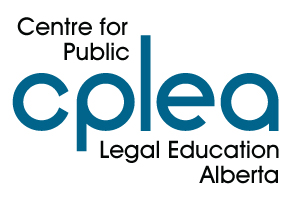The Canadian Human Rights Commission commissioned this research project to examine past legal assessments of accommodation for environmental sensitivities, including how third parties may be involved and the relevance of buildings codes and standards. This report concludes by providing descriptions of best practices in relation to accommodation of environmental sensitivities and principles of universal design. This 44-page PDF is available for free download. (2007)
Human rights are moral rights and freedoms that belong to everyone simply by reason of being human. They include the right to life, liberty and a decent human experience as well as all of the political, social, and economic rights necessary for people to live dignified lives. In Canada these rights are protected both by specific laws (for example, anti-discrimination laws) and by our constitution.
CPLEA resources on human rights. Resources include information on how to file a human rights complaint. See: https://www.cplea.ca/humanrightswhenrenting/
Canada/Federal
This website section from Canadian Heritage is provided as a central reference library of the most essential and current official documents, both UN and Canadian, which describe in detail the links between the international and the domestic Canadian human rights field.
The principal purpose of the Association is to provide professional development for individuals employed at colleges and universities in the area of discrimination and harassment, including harassment as identified under human rights law.
The Canadian Coalition for the Rights of Children (CCRC) is a network of Canadian organizations and individuals who promote respect for the rights of children. Its purpose is to: exchange information; provide public education materials about the Convention on the Rights of the Child; monitor implementation of the Convention in Canada; and engage in dialogue with government officials on child rights issues.
The Canadian HIV/AIDS Legal Network is based in Montréal. It is the only national, community-based, charitable organization in Canada working exclusively in the area of policy and legal issues raised by HIV/AIDS. It was formed in November 1992 and has over 200 members across Canada and internationally.
The Commission's business is to make the Canadian Human Rights Act work for the benefit of all Canadians. There are three main aspects to its work: To provide effective and timely means for resolving individual complaints; To promote knowledge of human rights in Canada and to encourage people to follow principles of equality; and to help reduce barriers to equality in employment and access to services. Their website includes sections with publications and frequently asked questions.The Commission provides dispute resolution services in cases of alleged discrimination by federally regulated organizations, including employers, unions and service providers. This online resource addresses issues such as alternative dispute resolution and the dispute resolution process.
CERA’s Women’s Program was established in early 2000 to address low-income women’s experiences of inequality and discrimination in housing in Canada. The Women’s Program undertakes advocacy, litigation support, networking and research aimed at investigating and addressing the economic and social conditions that contribute to women’s inequality in housing.
CCPI is a national coalition founded in 1989 to bring together low-income activists and poverty law advocates for the purpose of assisting poor people in Canada to secure and assert their rights under international human rights law, the Canadian Charter of Rights and Freedoms (the "Charter"), human rights legislation and other laws in Canada.








Follow CPLEA